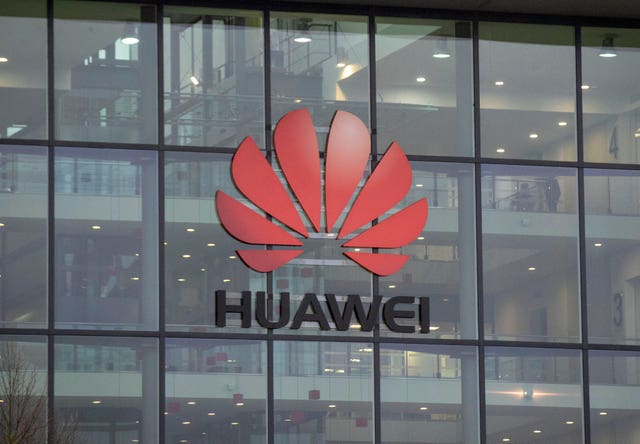
An annual survey of China’s wealthiest people found they got richer this year despite a tariff war with the US and slowing economic growth.
The Hurun Report said the average net worth of China’s richest 1,800 people rose 10% over 2018 to £1.1 billion.
Jack Ma, who retired last month as chairman of e-commerce giant Alibaba, tops the list with a net worth of £31.6 billion.
Ma Huateng of Tencent, a games and social media company, is second with £30 billion.
The results reflect the growing importance of China’s consumer market at a time when US tariff hikes have battered export-oriented manufacturing.
The number of business people on the list from the tech, pharma and food industries rose while those in manufacturing declined.
Rupert Hoogewerf, the report’s founder and chief researcher, said: “Wealth is concentrating into the hands of those who are able to adapt to the digital economy.”
In contrast to the United States and Europe, where the ranks of the richest people are dominated by inherited wealth, almost everyone on the Chinese list is self-made.
Mr Hoogewerf noted that when the survey began two decades ago, mainland China had no billionaires.
Real estate developer Xu Jiayin, who topped the list in 2017, dropped to third place in the latest ranking with a wealth of £24 billion.
Married Sun Piaoyang and Zhong Huijuan are fifth on £20 billion after their drug company Hansoh debuted on the Hong Kong stock exchange.
Pharma tycoons account for 8% of this year’s list, double the share 10 years ago.
The net worth of Ren Zhengfei, founder of smartphone maker Huawei which is at the centre of a struggle between Washington and Beijing over technology development, rose 24% to £2.4 billion. He climbed 36 places on the Hurun list to number 162.

Huawei, which also makes network switching gear, said sales rose 23.2% in the first half of 2019. The company has warned, however, that it will “face difficulties” as curbs on its access to US components and technology take effect.
Qin Yinglin and Qian Ying, a married couple who own pig breeders Muyuan Foods, profited from an outbreak of African swine fever that pushed up pork prices. Their net worth tripled to £11.4 billion.
The list includes 156 people aged under 40, 24 more than last year.
Colin Huang, 39, of e-commerce company Pinduoduo, ranked seventh with £15.4 billion just four years after founding his company.
“Nobody in the world has ever made that much from a standing start,” Mr Hoogewerf said.

Enjoy the convenience of having The Sunday Post delivered as a digital ePaper straight to your smartphone, tablet or computer.
Subscribe for only £5.49 a month and enjoy all the benefits of the printed paper as a digital replica.
Subscribe